
How 18 cutting-edge AI assistants can make you superhuman and boost your productivity
AI helpers are already built into more than 4 billion smartphones. I think most of us didn’t even notice. Name for it: “Voice search”
Siri is on your phone. Often talking over people without permission. Then there are the Alexa and Google Assistant gadgets that you have sitting on your kitchen counter.
I’m just waiting for someone to answer.
At times, without being asked.
Like the imagined friend we had as kids who told us what to do and then we used as an excuse when we did something wrong.
Why it’s important
People use these AI apps every day. But you can’t see the technology that makes them work.
In the background, it does its thing. Apple and Amazon’s platforms are full of mazes and complicated systems that hide things. Working away in the corner like a good employee. The “Watson” from Sherlock Holmes.
An author named Arthur C. Clarke once said, “Any sufficiently advanced technology is indistinguishable from magic.”
And AI helpers are just now becoming a part of our daily lives.
What does a helper do?
As a child, I had a helper. It was my mum. My lovely human helper.
I asked her a question when I didn’t understand.
She hugged me when I needed love.
She had fresh orange juice ready for me when I was thirsty.
When it was time to punish me, she called my dad.
Living as a person is messy. What’s wrong with that, though?
So why do we need an AI helper?
Well…
They work all the time.
Don’t get tired.
They remember everything perfectly.
But they’re not good at giving hugs.
How do you describe an AI personal assistant?
Artificial intelligence (AI) is a computer software that assists individuals (often referred to as “grown ups”) in various tasks.
These assistants are capable of several tasks, like
- Addition of reminders
- Planning timetables
- Answering on inquiries
- Offering particular recommendations
- also a whole deal more
They are reachable with smartphones, computers, and smart home appliances, and speech recognition technology allows you to operate them without using your hands.
Going further
The Wild West of AI is here now. It also brings up some philosophical questions.
- Is the place we’re going towards the promise land or a wasteland?
- What are the rules for taking part?
- What rules are there?
- How are we going to play?
- Is it hell or heaven?
- Will AI take my job?
Also, we don’t know if we’re going towards utopia or disaster.
Three main types of AI helpers
There are a few main types of AI helpers.This is only one approach to simplify a complicated world; it is not the last word.
- There is an AI helper that you can use in your very own life. What about a “AI Personal Assistant”?
- Then there are artificial intelligence assistants who can help you at job and in company. An additional term for it is “AI Business Assistant.”
- Let us examine one more potential group last. What is the “Personal Intelligence Assistant”? This is more of a friend that helps and improves. The company Infection AI and its robot PI were some of the first to work in this area. Mustafa Suleyman, who helped start the company DeepMind, made this app.
Learn more about AI to help with work
Business is hard, and there are lots of ways to use AI to do dull jobs so people can have more time to play and make things. Or just do more bad things.
First, let’s look at the mind-numbing job of dealing with people who are angry and unhappy.
Customer Service AI Helpers
Business use these AI helpers, which are often called chatbots, to help customers, answer frequently asked questions, and show users how to use their websites or services.Two such are the Resolution Bot from Intercom and the Answer Bot from Zendesk.
Why it matters: They decrease help waiting times, provide prompt customer support, and handle several problems at once.
Commercial AI partners
These assistants are designed to work in business settings and help with things like scheduling meetings, handling correspondence, and encouraging collaboration. Microsoft’s Cortana and IBM’s Watson Assistant are two examples.
Why it matters: They decrease help waiting times, provide prompt customer support, and handle several problems at once.
Commercial artificial intelligence
These assistants are designed to work in business settings and support with chores like organizing meetings, managing emails, and encouraging teamwork. Two such are the Watson Assistant from IBM and Cortana from Microsoft.
Why it matters: They automate tedious administrative duties so that employees may concentrate on more crucial ones, increase productivity in the office, and facilitate communication.
Artificial intelligence assistance in medicine
These are particular AI tools used in healthcare to classify patients, provide medical information, support diagnosis and therapy planning. Ada Health and Babylon Health are two examples.
What we should care: about is that they make health care easier to get, offer basic medical help, and help doctors diagnose and manage treatments more effectively.
AI assistants for schools
When used in education, AI can make learning more personalised, help with teaching, and grade and give feedback. The robots on Carnegie Learning and Duolingo are two examples.
Why We Should Care: They allow for more personalised learning, make school more available, and can improve student outcomes by giving extra help outside of school.
Financial AI Helpers
In the financial world, AI helps with managing personal finances, giving tips on investments, and finding fraud. Two such are Eno and Cleo of Capital One.
Why We Should Care: They promote wise money management, secure financial transactions, and improved investing options for clients.
In artificial intelligence, research and development assistants
Through information gathering, trend identification, and even study article writing, these folks support researchers.Semantic Scholar and Arxiv Sanity Preserver are two such.
They accelerate study, yield novel findings, and generally increase scholarly and scientific output.
Artificial intelligence (AI) assistants are automating repetitive tasks, providing customised support, and simplifying decisions, revolutionising the way we live, work, and interact with the outside world.
They show a trend as services grow and permeate daily life toward faster, more tailored, and simpler to use services across all industries.
It’s worth your time to download these 18 AI assistant apps
I’ve fired the gun to start the race. In the race to be the best AI helper, there will be winners and losers.
AI Helpers for Customer Service
Chatbots that are powered by AI can pretend to have a normal language conversation with a user through messaging apps, websites, mobile apps, or the phone, mostly for customer service reasons.
- Intercom: Allows several clients to have customised conversations with one another using its messaging tool.
- Zendesk: Chat is a live chat and messaging software that can be included to company websites to provide instant assistance.
- Drifts: Experts in conversational sales and marketing, Drift enables businesses to have instantaneous client conversations.
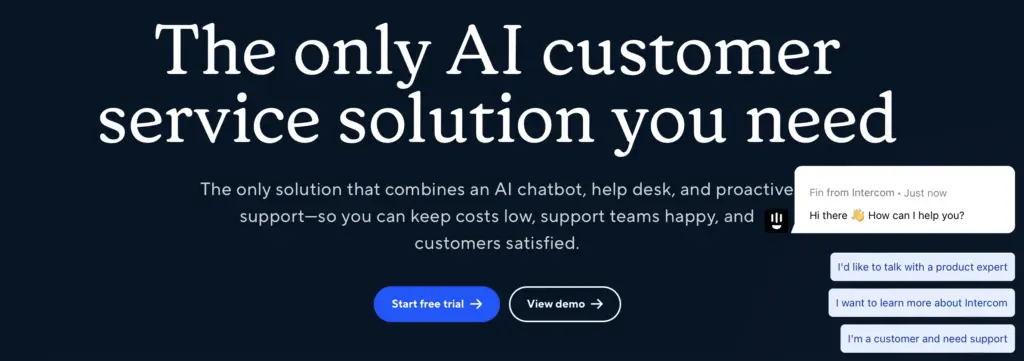
AI Customer Service Agents
These AI technologies are intended for use in healthcare to do tasks including grouping patients, monitoring their health, and imparting medical information to them.
- Using a person’s medical history and general medical knowledge, Babylon Health generates medical suggestions.
- Customers can identify their symptoms and take suitable action thanks to Ada Health’s artificial intelligence-driven health advice.
- Buoy Health This software invites users to record their symptoms and then provides next steps to assist doctors identify ailments.

Assistive AI Writing
Artificial intelligence writing assistance checks grammar and improves style by using natural language processing.
- Grammarly: helps write better by pointing up errors in spelling, grammar, and style and offering corrections.
- GPT-4 (OpenAI): is an advanced language generation model that can write text that sounds like it was written by a person. It can be used to create content, finish texts, and come up with creative writing ideas.
- Hemingway Editor: helps make writing easier to read by highlighting words and phrases that are hard to understand.
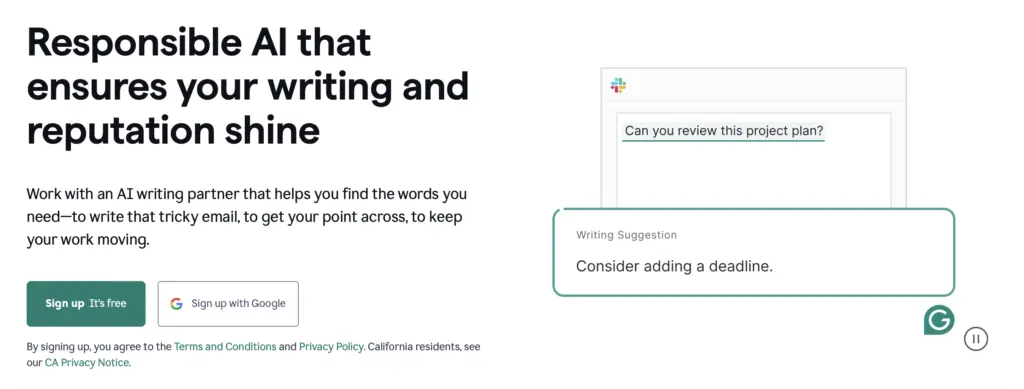
AI assistants for schools
These tools are meant to make learning and schooling easier by giving you personalised suggestions, helping you with your work, and letting you connect with your lessons.
- Duolingo: Using artificial intelligence, Duolingo customizes language learning courses to each user’s preferred learning style.
- Quizlet: Explore further with Quizlet’s artificial intelligence-powered games, quizzes, and flashcards.
- Coursera: Using artificial intelligence, Coursera customizes lessons and recommends courses based on user interests.
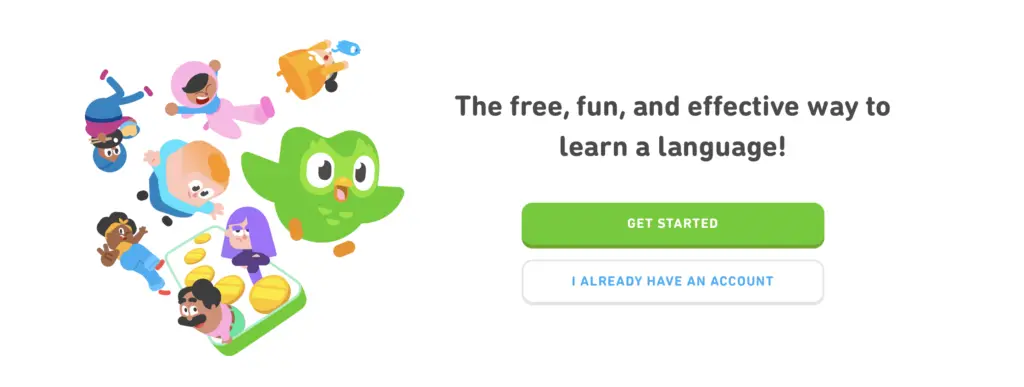
AI household automation assistants
Smart home assistants interface with a range of devices so you can operate lights, thermostats, appliances, and more using voice requests or smartphone apps.
- Google Nest: This app works with Google Assistant to control smart home devices like thermostats, speakers, and screens.
- Amazon Echo: Alexa voice control is included with Amazon Echo smart speakers and displays for home automation.
- Apple HomePod: With Siri on the Apple HomePod smart speaker, control smart home gadgets, play music, and obtain information.
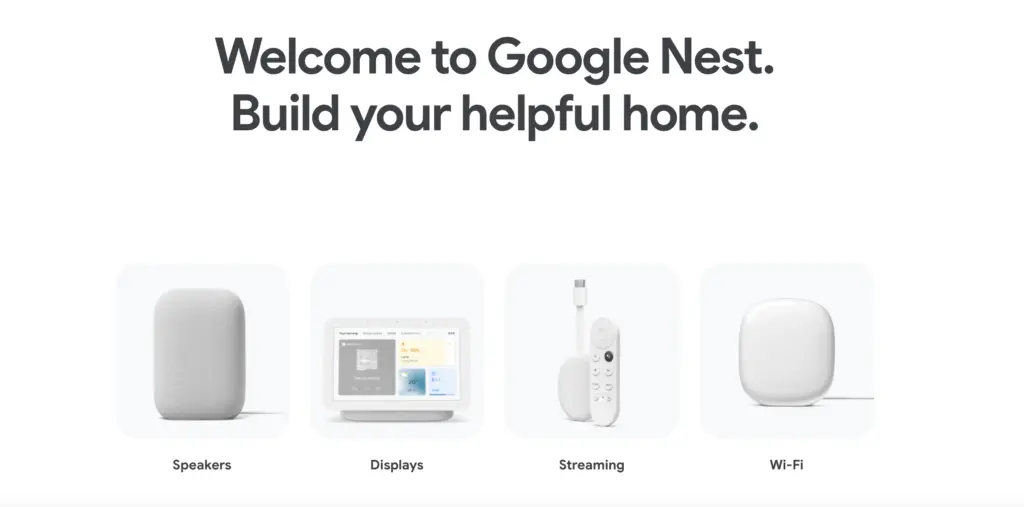
Data processing and business analysis. AI aid
These AI technologies enable businesses to generate reports, analyze data, and obtain knowledge that improves decision-making.
- Tableau: is particularly effective at getting business information and visualizing data. Some analytics capabilities powered by AI are also included.
- Power BI: Microsoft’s Power BI suite of corporate analytics tools includes AI-powered capabilities to help you better analyze your data.
- IBM Watson: is a set of commercial-grade artificial intelligence (AI) applications and technology, such as predictive modeling and data analysis.
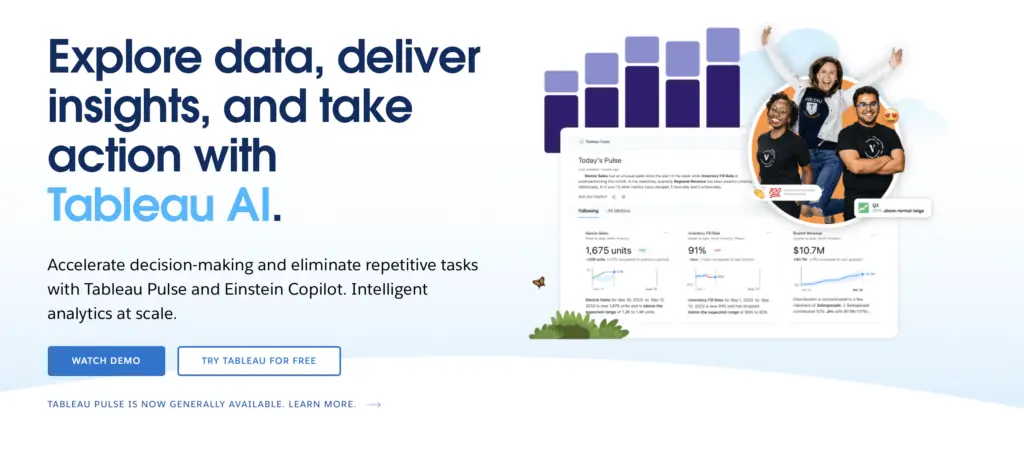
Ending it up
Everybody needs a little help. It’s hard to handle things by yourself.
That is why we need artificial intelligence, as well as family and friends. So, how do we deal with technology that is both alien and familiar?
It possesses perfect memory, as well as human intelligence and awareness.
You know the writers of your publications.
One who turns down a free lunch. Glass of beer or champagne.
We might experiment and see where it leads.
My final destination is yet undetermined. Still, AI (artificial intelligence) is fascinating. Right now we are living in the future.









![Find out about the 5 best AI art generators for making beautiful digital art [2023].](https://www.freeonlinedirectory.in/wp-content/uploads/2024/04/best-AI-art-generator-ezgif.com-png-to-webp-converter-195x110.webp)


